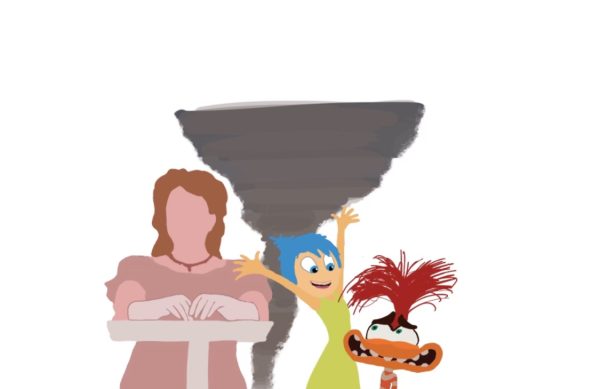Wilderness Therapy: Modern Day Child Abuse?

Used with permission by Wikimedia Commons/Regargia
In the past 15 years, 86 teenagers have died as a result to wilderness therapy.
January 12, 2023
The Troubled Teen Industry (TTI) is made up of a large system of different forms of modifying therapy treatments used to combat rebellious young-adult behavior and a range of other mental issues such as self-harming, drug addictions or even eating disorders. This multi-billion dollar industry has faced many allegations of abuse and neglect to minors throughout the years and has gained extreme backlash due to many individuals sharing their traumatic experiences on social media. These various programs under the umbrella of TTI can range anywhere from religious bootcamps, rehab programs, to the now infamous- wilderness therapy.
Wilderness therapy combines forms of counseling as well as various wilderness experiences such as hiking, fishing and camping with little to no resources and learning how to build endurance and manage survival with the bare necessities in a dramatically changed environment. Without the horror stories recalled by others, this form of therapy was praised and advertised to parents as the perfect last resort option to help restore their family.
For example, Aspiro Wilderness Adventure advertises itself to families of adolescence stating, ”Everything we do is intentionally designed to support students and their families in creating lasting change.” However, listed just below this thread of smiling faces and testimonials was a haunting Google review.
“I have been diagnosed with PTSD and have incredibly terrifying flashbacks that take me back to my time there,” said Leon Reimschisel. “I gained chronic pain in my ankles that will cause me to do physical therapy for the rest of my life. My love for nature, cooking, hiking, and running has been crushed. I have gained trust issues concerning anything related to mental health or therapy. I have become obsessed with being clean. My smile has faded. My self-esteem is in shambles. My [self harm addiction] came back and is still a very challenging struggle.” Reimschisel also goes into detail in the review about the medical neglect and emotional abuse he endured during his weeks in the camp.
Unfortunately, Reimschisel’s experience is not uncommon amongst adolescents who attended wilderness therapy.
Paris Hilton, American business woman and entertainer also experienced wilderness therapy in her previously rebellious childhood that she spoke about in depth in her documentary, ‘This is Paris’ that was released in late 2020. The release of this documentary sparked a chain reaction on social media, especially on Tik Tok, which became a hub for survivors to share their stories and to spread awareness.
Emerging from the backlash of these horror stories came the non-profit organization Breaking Code Silence (BCS). This is an organization dedicated to spreading awareness and speaking out against the abuse in TTI facilities. The organization defines itself as, “…a vehicle for the TTI survivor community – ever striving to uplift, organize, and inspire present and future generations, while promoting youth rights and evidence-based alternatives to the troubled teen industry,” said Breaking Code Silence. BCS sheds a light to both parents, survivors and those just curious about the organization hundreds of testimonials to read from, a facility report database for wilderness therapy groups with various abuse allegations as well as a memoriam page dedicated to the lives lost in TTI facilities, some even dating back as far as the 1950’s. Despite this being such a new organization, BCS has sent shock waves through educating the nation along with the federal government to ensure policies will be put in place to protect at-risk youth.







